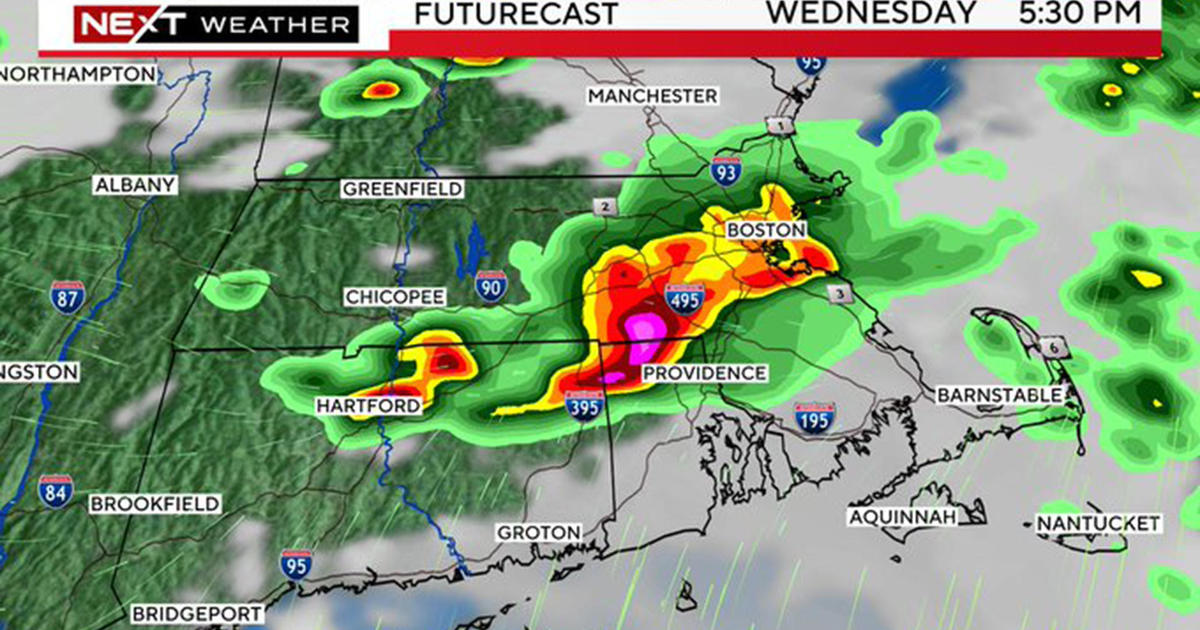Sea Turtles, Once Stranded On Cape, Heading South For Winter
QUINCY (CBS) -- Among the weary travelers whose plans were foiled by the weather Tuesday were 50 sea turtles trying to fly south for the winter.
The endangered Kemp's Ridley sea turtles were on their way to a turtle rehab facility in Florida from the New England Aquarium's rehabilitation hospital in Quincy, where they were originally taken by volunteers to recover from hypothermia. Instead, due to weather delays, the turtles took off on the five-hour flight to Gulf World Marine Park in Panama City, Florida on Wednesday.
Turtles get stuck each year on the Cape, as the land mass serves as a perfect geographic hook to trap them.
"They get on the north side of the Cape, which is sort of a big bucket," said New England Aquarium spokesman Tony LaCasse. "They often don't figure the navigation out of there, and if they don't get rescued, they will die. Sea turtles can't handle water temperatures much below 40 degrees."
The New England Aquarium facility is over capacity. During a normal year, about 90 turtles will be rescued--but this year they're already at 290. Last year, 733 were stranded.
Volunteers usually only rescue the turtles through December, but this year's warm waters have rescuers expecting to keep finding stranded turtles alive through January.
"For the first time this year, because of the warm water temperatures we've had them as far north as Nova Scotia and Maine, this is the first year they've ever been found in Canada," LaCasse said.
The increase in stranded turtles isn't necessarily a bad thing for the species, though, according to Kate Sampson from NOAA Fisheries.
"It's not necessarily a concern for the population," Sampson said. "In fact, it might be a good thing that there's more turtles, and that could lead to having more turtles strand."
WBZ NewsRadio 1030's Karen Twomey reports



